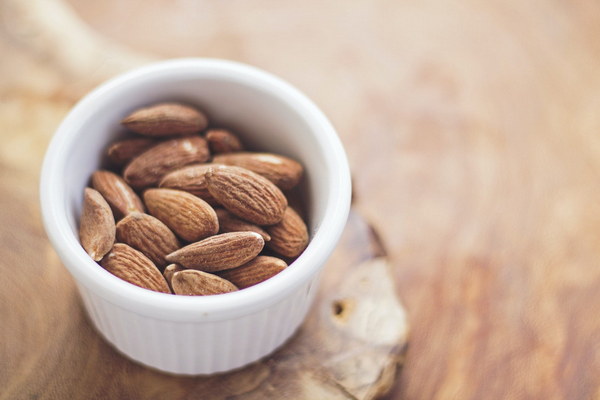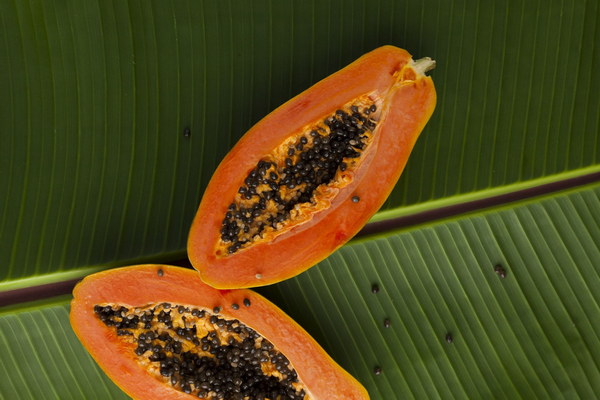Unlocking the Livers Potential Does Sea Buckthorn Nourish or Detoxify
In the realm of natural remedies, sea buckthorn (Hippophae rhamnoides) has long been celebrated for its numerous health benefits. This thorny shrub, native to Asia and Europe, is not only a source of vibrant berries but also a powerhouse of nutrients. One of the most debated aspects of sea buckthorn's efficacy is whether it primarily nourishes the liver or acts as a detoxifier. This article delves into the scientific evidence to clarify the role of sea buckthorn in liver health.
Nourishing the Liver: A Rich Source of Nutrients
Sea buckthorn is renowned for its high concentration of antioxidants, including vitamin C, vitamin E, and beta-carotene. These antioxidants play a crucial role in protecting the liver from oxidative stress, which can damage liver cells and lead to liver disease. The polyphenols found in sea buckthorn have been shown to scavenge free radicals and reduce inflammation, both of which are essential for maintaining liver health.
Furthermore, sea buckthorn is rich in essential fatty acids, including omega-3, omega-6, and omega-9. These fatty acids are known for their anti-inflammatory properties and have been linked to liver protection. Research suggests that omega-3 fatty acids, in particular, may help reduce liver fat accumulation and improve liver function in individuals with non-alcoholic fatty liver disease (NAFLD).
Detoxifying the Liver: A Natural Cleanser
While sea buckthorn's nourishing properties are well-documented, its detoxifying effects are also a subject of interest. The liver is the body's primary detoxification organ, responsible for filtering out harmful substances and waste products. Sea buckthorn's compounds are thought to support this process by promoting the regeneration of liver cells and enhancing liver enzyme activity.

One of the key components contributing to sea buckthorn's detoxifying potential is its saponins. Saponins are natural substances that have been shown to have a hepatoprotective effect, meaning they can help protect the liver from damage. They also aid in the removal of toxins from the body, thereby supporting liver detoxification.
The Comprehensive Approach
It is important to note that sea buckthorn's impact on liver health is not limited to either nourishment or detoxification; it appears to offer a comprehensive approach. The synergistic effect of its diverse range of nutrients and compounds likely contributes to its overall liver-boosting properties.
For instance, the vitamin C content in sea buckthorn helps to enhance the absorption of iron, which is vital for liver function. Additionally, the plant's flavonoids have been shown to improve blood flow to the liver, aiding in the removal of toxins and promoting liver regeneration.
Conclusion:
In conclusion, sea buckthorn seems to offer a dual benefit for liver health, both by nourishing and detoxifying the organ. Its rich array of antioxidants, essential fatty acids, and other bioactive compounds work together to support liver function and protect against liver disease. While more research is needed to fully understand the mechanisms behind these effects, the current evidence suggests that sea buckthorn is a valuable addition to a healthy lifestyle, especially for those looking to support their liver health naturally.
As with any supplement, it is advisable to consult with a healthcare professional before incorporating sea buckthorn into your diet, particularly if you have pre-existing liver conditions or are taking other medications. With its dual role in liver health, sea buckthorn may be a promising ally in the quest for a healthy liver.









